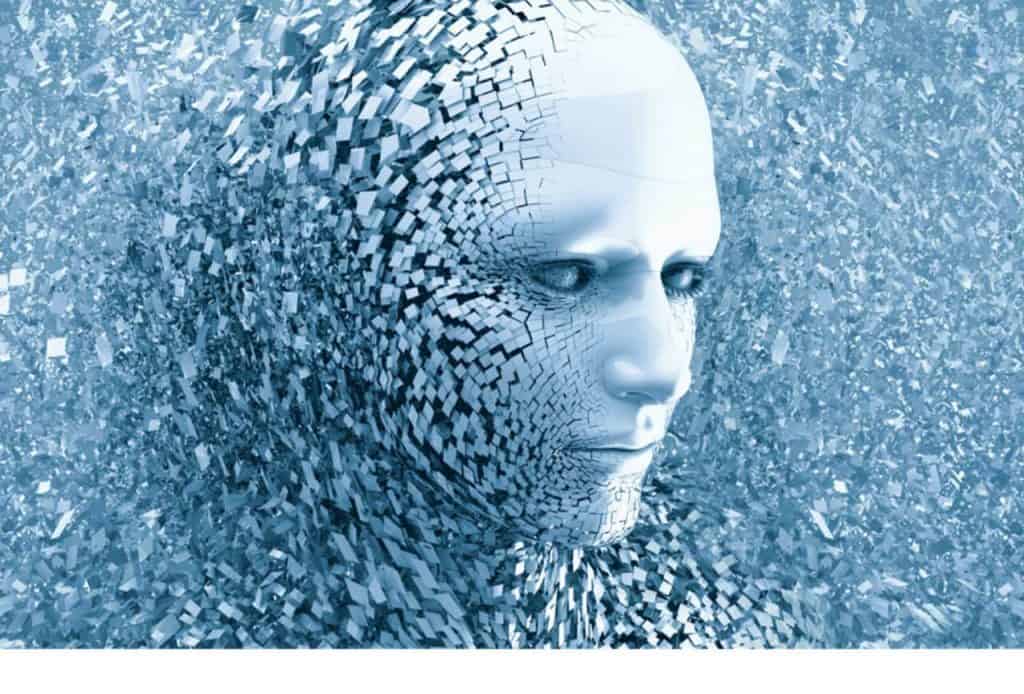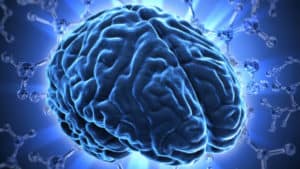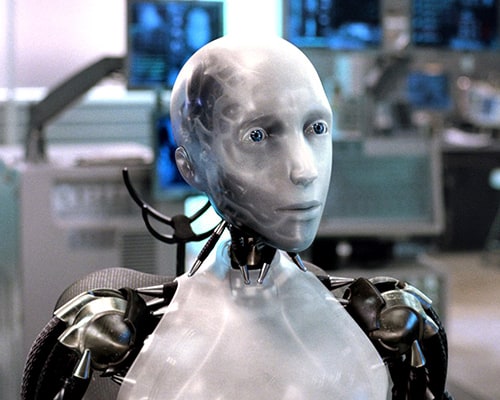I have become convinced over my tiny “blink of an eye” three-score and ten years on this pale blue dot that our natural world, as it has unfolded through time, most acutely reflects the dichotomy of Predator and Prey–especially at the higher levels–those creatures, humans included, with brains and central nervous systems. Humans especially, and here I am thinking about individual psychological traits, are one or the other–not a mixture of the two.

This goes beyond the scientific understanding of our 3rd/Reptile brain–from which all of us certainly operate in a hard-wired fashion, given our instinctual drives, reflected in self-preservation–food, sex, and aggressive self-protection and promotion.
With our fellow inhabitants of the planet whose brains operate at a more instinctual “3rd brain” level, there is no moral judgment to be made. They are what they are, from the cute little kitten torturing the hapless wounded mouse, to the lion devouring the tiny lamb. But we humans have a choice, as self-conscious, self-determining “actualizations” of reality operating in a more free and adaptable arena. We call it social and individual “morality” and it is surely culturally determined in its manifestations, but not wholly so. Not at the deep level of individual Self.
Predators are those who push, manipulate, and appropriate as much as possible for the individual and extended Self. Violence, aggression, greed, and power are their hallmarks, even if such behavior is on a micro-level. Prey are their object–as one must conquer and oppress to obtain this power. Those who are Prey of course have their own system of individual and social values, chiefly the internal ethic of “Do No Harm.” Of course all give lip service to the virtues of giving, sharing, loving, and caring–but Predators do the opposite while claiming to reflect such. Prey, however, are not weak and defenseless. They are in fact “fiercely” powerful and strong in behalf of those in their care–and I mean in an extended planetary sense.
Who has the insight to do a bit of self-classification? It is tough and requires introspection and meditation on the self and the paths we have taken with their resulting consequences.
In terms of which side “wins” or dominates, the balance is overwhelmingly in favor of the Predators. After all, there is nothing stopping them from their behavior, even if it results in untold suffering and sorrow for others, and the destruction of our planet. But I am one who holds to the simple core authentic teachings of Jesus and the GENESIA vision of Isaiah the Prophet–and I take them as “apocalyptic” and “eschatological” in the long arch of history–not magical mysteries from heaven:
Happy are you poor, you who weep, you who are hungry, you who are persecuted–yours is the kingdom of God–not in heaven but on earth. Yes, the meek shall inherit the earth!
On these I stand, God help me, I can do no other…


 If you have fallen or partly fallen for all the AI nonsense that ChatGTP has generated in the popular media, about computers taking over, controlling us, or in any way exhibiting the human capacities of our linguistic programming, Chomsky set things straight in clear language and straight talk. As one of the smartest computer guys I know puts it, hyperbole, but you get the point, ChatGTP is as “dumb” as this keyboard. Input, output. Nothing conscious or even near so. I think Robert Kuhn (
If you have fallen or partly fallen for all the AI nonsense that ChatGTP has generated in the popular media, about computers taking over, controlling us, or in any way exhibiting the human capacities of our linguistic programming, Chomsky set things straight in clear language and straight talk. As one of the smartest computer guys I know puts it, hyperbole, but you get the point, ChatGTP is as “dumb” as this keyboard. Input, output. Nothing conscious or even near so. I think Robert Kuhn (



